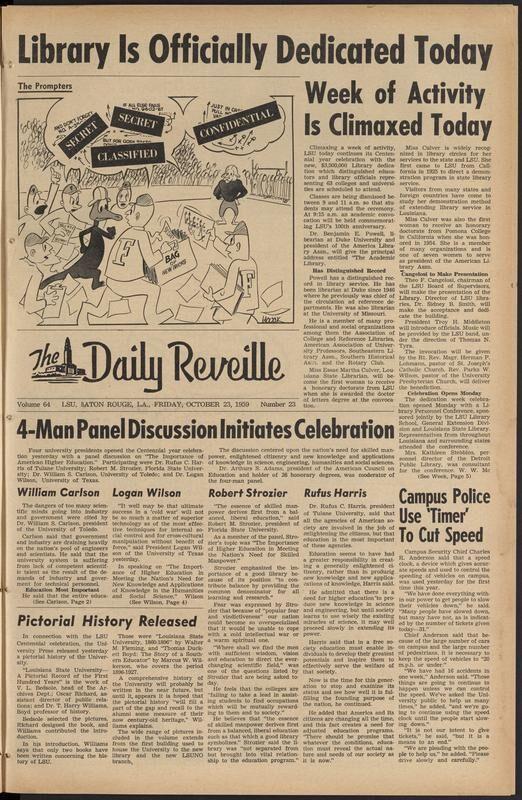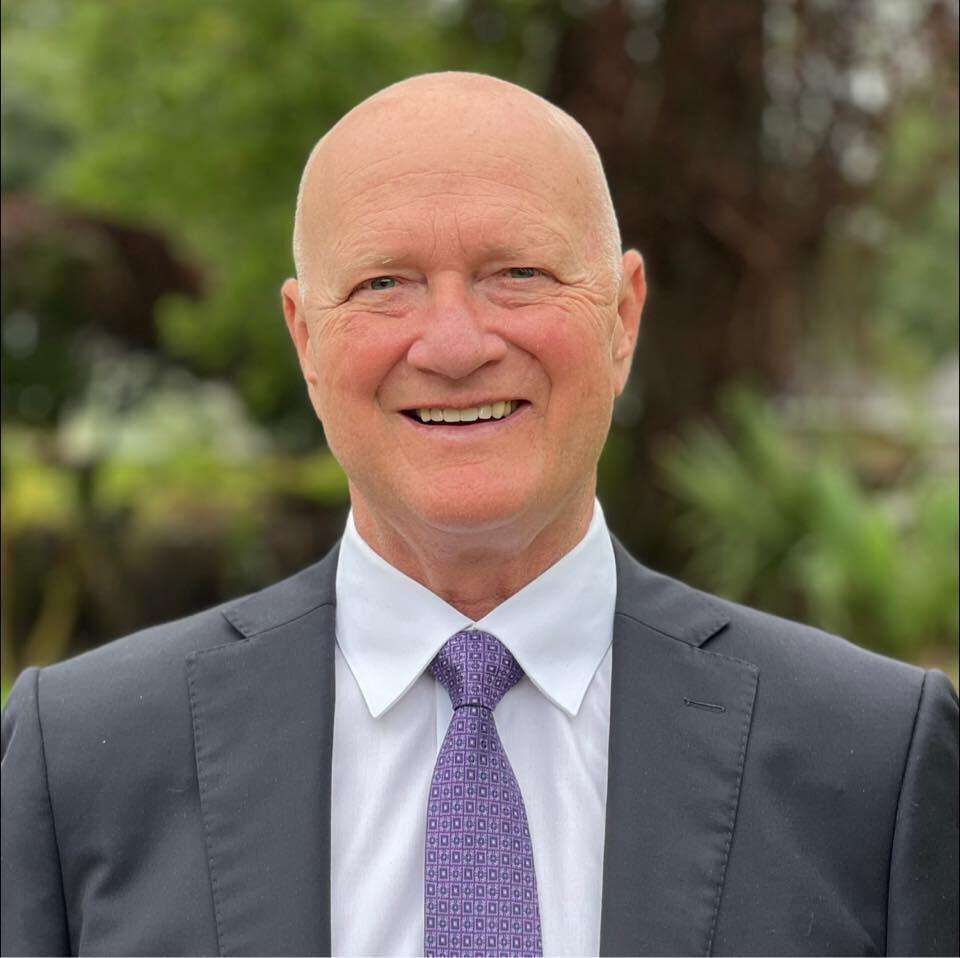Louisiana Gov. Bobby Jindal issued an executive order Oct. 20 demanding changes in sexual assault policy throughout the state.
The order followed a meeting that same day among lawmakers, public university officials, state health officials, the Louisiana Board of Regents and the Louisiana Commission on Law Enforcement, which focused on sexual assault policy for public universities and policy regarding the billing of victims for assault-related medical expenses.
In his order, Jindal directed the Board of Regents to establish uniform policy for public educational institutions under their authority for reporting sexual assault, preventing sexual assault and providing necessary medical and mental health services to victims.
Jindal’s order also directed the Crime Victims Reparations Board to revise its policy on billing sexual assault victims for medical fees related to post-assault forensic examinations as well as medical and mental health care. Under the jurisdiction of the commission, the board uses federal funds to assist crime victims in paying off expenses related to the crimes against them.
“You shouldn’t be getting bills from between $2,000 and $4,000 when you go to the hospital to report a sexual assault to have evidence collection done and to have follow-up care,” said Summer Steib, director of the University Women’s Center.
Under the Violence Against Women Act, a federal law enacted in 1994 and reauthorized in 2013, female victims of violence cannot be forced to pay for medical expenses related to an assault or an order of protection, regardless of income.
“Not only is it detrimental to the individual survivor, but it puts all of our federal dollars that we receive to serve victims of sexual violence, domestic violence, dating violence, stalking — all of those funds — in jeopardy because Louisiana is not following the law,” Steib said.
In addition to funding through the Crime Victims Reparations Fund, the commission also oversees the STOP Violence Against Women Federal Formula Grant Program, which provides funding for personnel, training, technical assistance, evaluation, data collection and equipment related to preventing and responding to violent crimes against women.
Jindal’s order demanded a revision of the eligibility for nongovernmental organizations to be partners or sub-grantees of the STOP grant program and any additional federal grant programs that can fund medical compensation for victims under the jurisdiction of the commission and the board.
On Oct. 20, the Louisiana Department of Health and Hospitals also announced its plan to pursue legislation to stop billing sexual assault victims for medical care and exams following sexual violence.
The current policy requires victims be billed directly, and only those who choose to file a police report are eligible for reimbursement through the board, according to a news release from DHH.
The policy change will expand eligibility to include all victims who seek post-assault medical attention, including those who choose not to seek reimbursement through insurance programs. In addition, bills will be sent directly to the board rather than to the victim.
Policy changes also exclude the determination of compensation factors such as a victim’s clothing, whether a victim was under the influence of illegal substances and whether the victim was married to or dating the offender.
Steib, who attended the meeting, said she believes these legislative changes are the result of several weeks of media attention surrounding sexual assault.
“I think what happened is that survivors started speaking out about what they were experiencing, and then, once they started doing that, they realized that this was not normal and that this was not how the law was intended to be,” Steib said.
Local victims advocacy agencies are already seeing increases in the number of survivors willing to seek medical attention and report their experience to law enforcement, Steib said.
She said she expects to see progress in training law enforcement to appropriately serve and treat victims of sexual violence as the result of some of the “gross violations of law enforcement” that came out during the meeting.
Joey Watson, executive director of the commission, announced during the meeting he had confirmed the Denham Springs Police Department is administering polygraph tests to rape victims, which is also in violation of federal law, according to a report from NOLA.com | The Times-Picayune.
Though the commission had yet to act on the information at the time of the meeting, Sen. Karen Carter Peterson, who called the meeting, requested the commission put a stop to this practice.
Jindal issues uniform sexual assault policy
October 28, 2014

Manuel Balce Ceneta
Louisiana Gov. Bobby Jindal speaks at the 2014 Values Voter Summit in Washington, Friday, Sept. 26, 2014. (AP Photo/Manuel Balce Ceneta)
More to Discover









